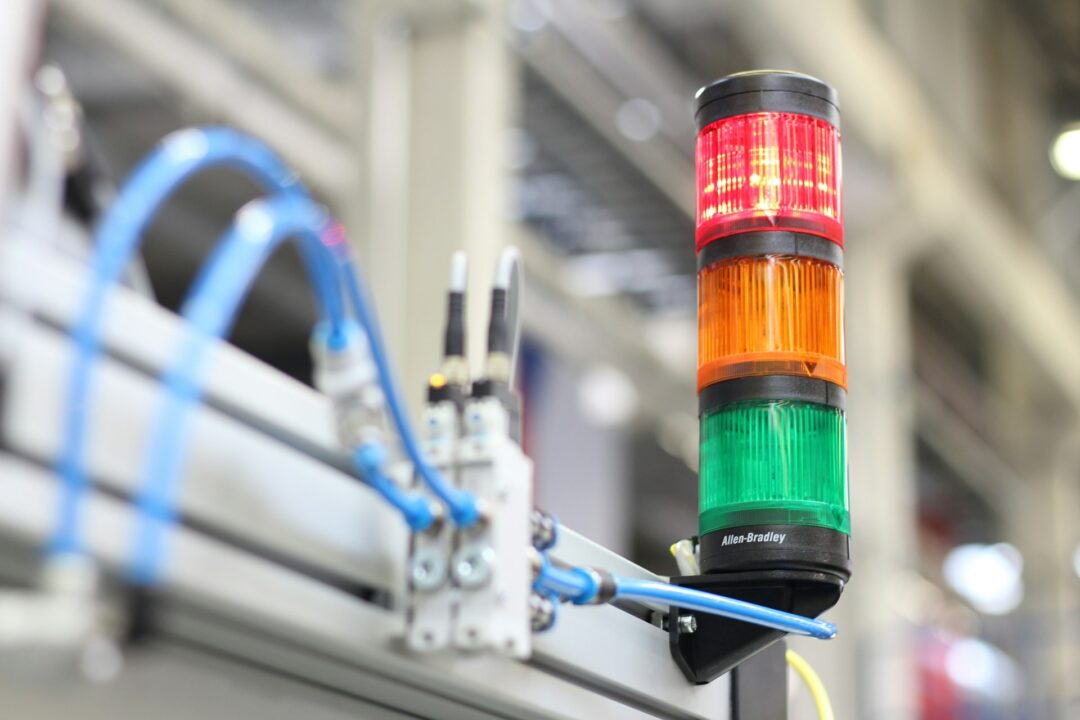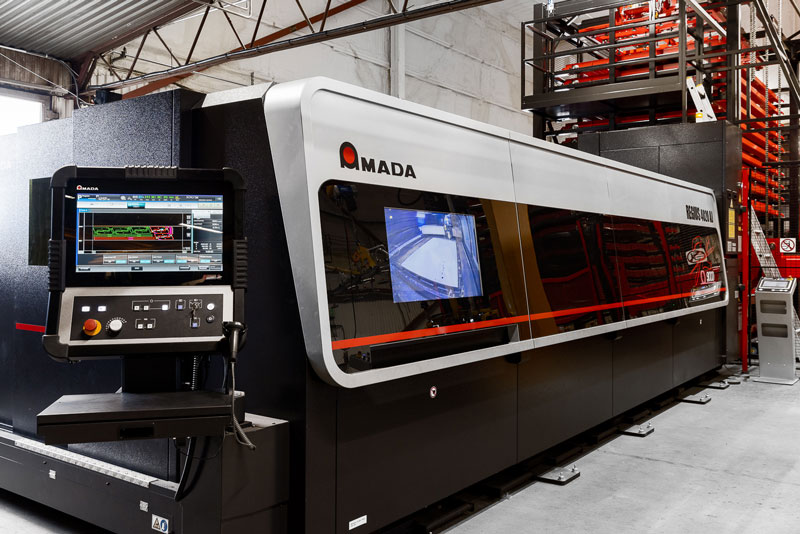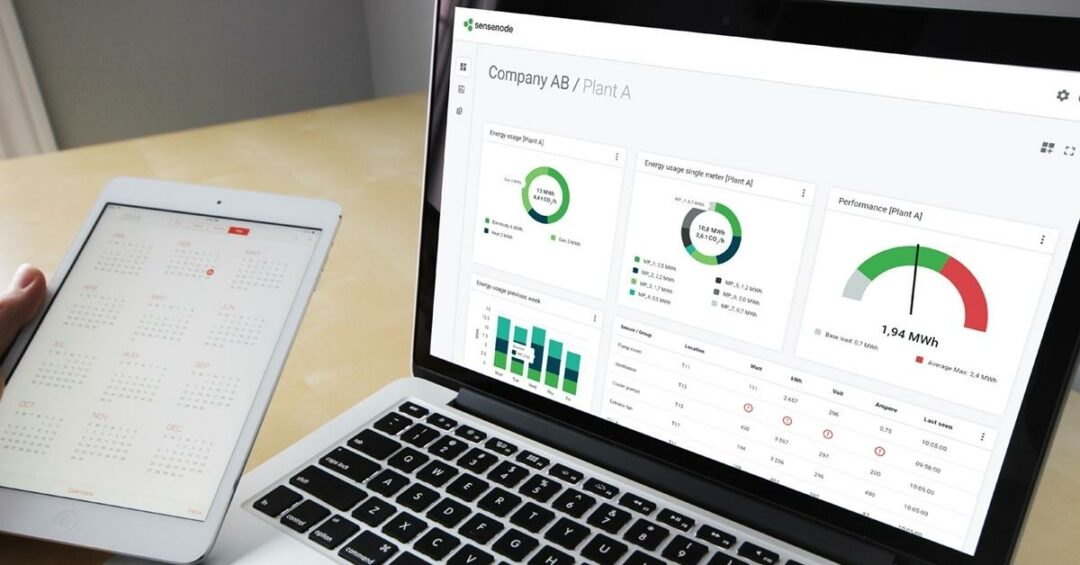The 2023 revised directive raises the EU energy efficiency target, making it binding for EU countries to collectively ensure an additional 11.7% reduction in energy consumption by 2030, compared to the 2020 reference scenario projections. As a result, overall EU energy consumption by 2030 should not exceed 992.5 million tonnes of oil equivalent (Mtoe) for primary energy and 763 Mtoe for final energy.
Changed requirements for energy audits and energy management systems for companies
In the revised directive, new requirements for energy audits and energy management systems for companies in Sweden are introduced, leading to altered conditions compared to the past. Today, the requirements for energy audits are based on the size of businesses (turnover, number of employees, etc.), and the Swedish implementation dictates that only large companies are covered by the law on energy audits in large companies.
Now the requirements are based on energy consumption, meaning that companies with an average annual energy consumption exceeding 2.8 GWh are obligated to conduct energy audits. Meanwhile, enterprises with an energy consumption exceeding 23.6 GWh also need to implement a certified energy management system or an environmental management system with an addition for energy audits (to be introduced by October 11, 2027).
Companies not covered by the law previously but now falling under its jurisdiction must have completed their first energy audits by October 11, 2026. Companies currently subject to the law should follow their existing four-year period.
Companies planning to conduct energy audits in 2024 are recommended to wait until Q2 in 2024, as more information will be available according to the Swedish Energy Agency.
Identify effective measures to reduce energy consumption
SenseNodes’ solution facilitates the implementation of energy audits in compliance with legal requirements. Continuous measurement provides the opportunity for easy and cost-effective energy audits, as well as better conditions and pressure when calculating proposed measures.
Operations with an energy consumption exceeding 23.6 GWh per year will need to work continuously on energy efficiency, where relevant energy data will need to be presented. SenseNode offers a cost-effective solution contributing to profitable sustainability, especially for larger operations with multiple facilities in different geographical locations.
Feel free to contact us if you have any questions or concerns regarding energy audits or energy efficiency in your operation.
Source: Swedish Energy Agency and European Commission

Daniel Ling
Account Manager
daniel.ling@sensenode.com
+46 730 50 46 76




